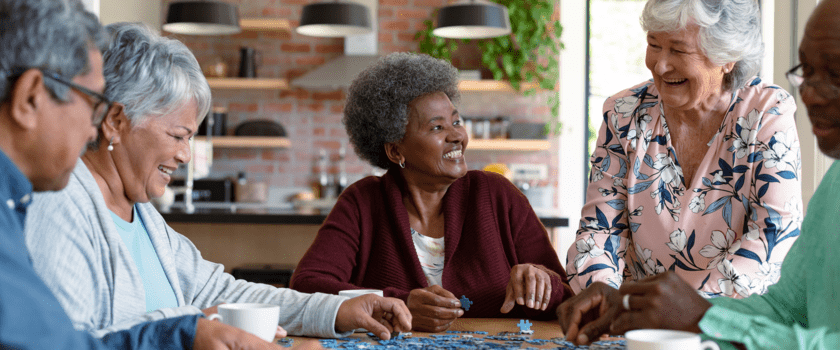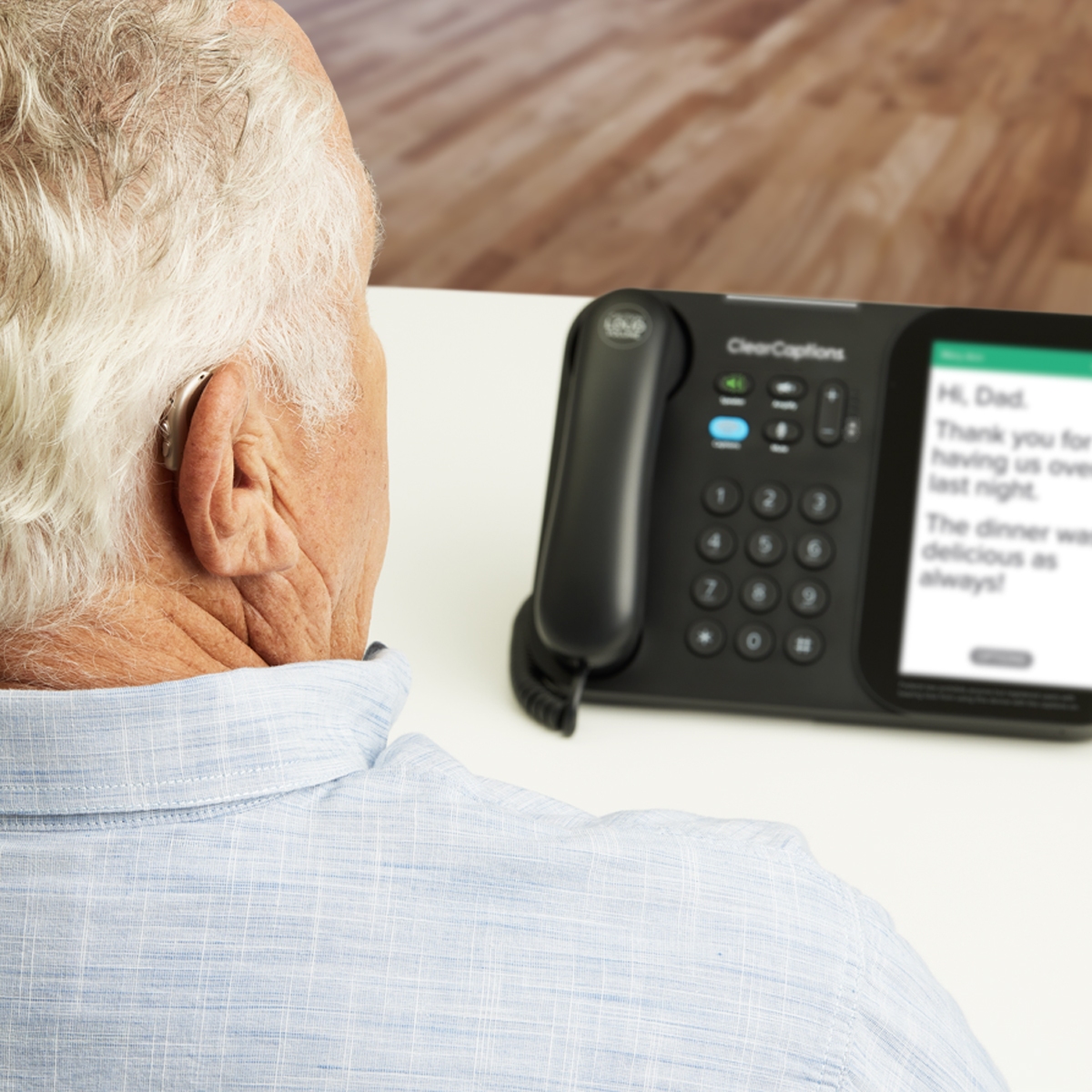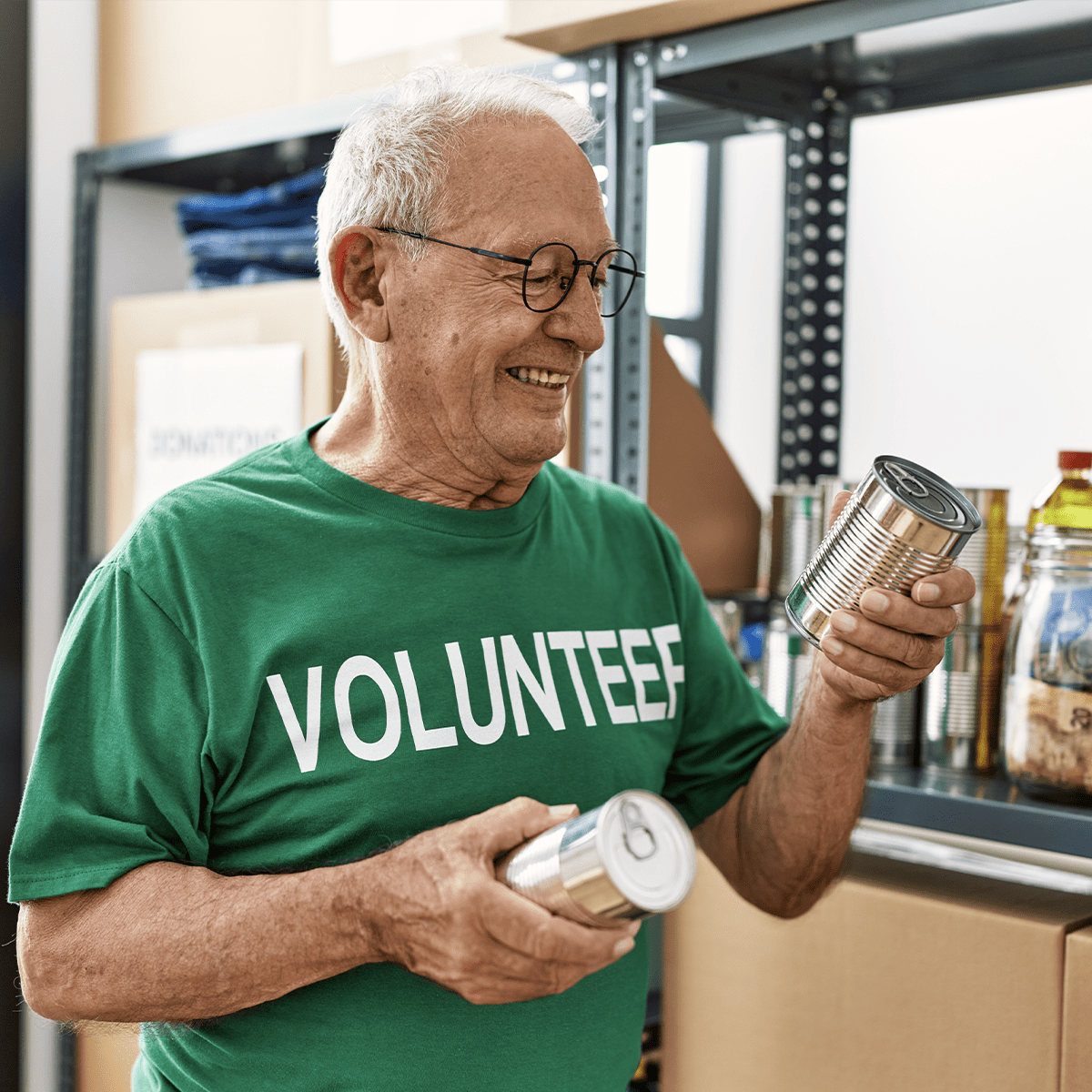How to Combat Loneliness as We Age

Loneliness is more than just a negative feeling; it can take a heavy toll on a person’s health and well-being. Although anyone can become lonely, as we age, there are changes to our health that can put older people at particular risk. For example, a senior may live alone or be unable to participate in activities that they previously enjoyed. A report from the National Academies of Sciences, Engineering and Medicine (NASEM) noted that more than one-third of adults aged 45 and older feel lonely, and nearly one-fourth of adults aged 65 and older are considered to be socially isolated. There’s also a growing body of research that reveals how social isolation can harm the mental and physical health of seniors.
Senior isolation and age-related health issues – such as being hearing impaired – can lead to further complications of existing conditions while also affecting cognition. In the same NASEM report, social isolation was associated with a “50% increased risk of dementia and other serious medical conditions”. A new National Institute for Health and Care Research (NIHR) study found that up to “one in five cases of depression in older adults could be prevented by reducing loneliness.” Some of the other adverse side effects to loneliness and social isolation include:
- High blood pressure
- Heart disease
- Obesity
- Depression
- Cognitive decline
- Anxiety
- Dementia (including Alzheimer’s disease)
- Death
So how can seniors combat loneliness and social isolation?
5 Ways for Seniors to Combat Loneliness

While there is no one-size-fits-all approach when it comes to addressing loneliness or social isolation, there are several solutions that when used together, can be incredibly impactful. An NIHR research paper found that having “two or three close relationships decreased the risk of dementia by 60%.” There’s a lot of research that shows that connection and a community support system can help prevent social isolation and lead to improved physical, emotional and mental well-being. Want more specifics? Here are some other ways to combat loneliness.
1) Get Involved in Your Community
No matter where you live there are a lot of incredible resources available to seniors who are interested in becoming more involved in their community. One way is through volunteer opportunities such as teaching children to read, communal gardening, or becoming a volunteer at a local museum. Local social service agencies, community and senior centers and public libraries are also great places to start when looking for community involvement resources. Other resources include local service and philanthropic clubs. For tech-savvy seniors, social media and sites like Virtual Senior Center are great places to meet new friends and learn new technology from the comfort of your own home.
2) Connect with Family and Friends
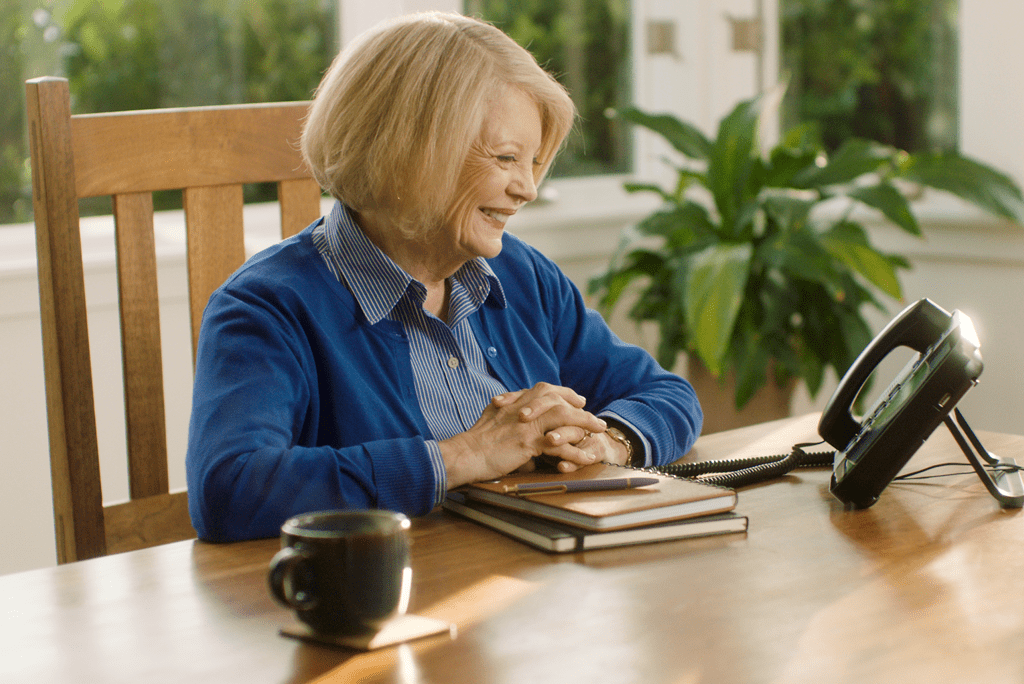
Creating and maintaining connections with family and friends can have a very positive impact on a senior’s mental health. Maintaining relationships and socialization can decrease the risk of depression and loneliness as well as help reduce stress, promote cardiovascular health and improve self-esteem. Love and communication are exceptional tools to help promote better mental health; however, that can often be difficult for hearing-impaired seniors. Oftentimes people with hearing loss may find it difficult to have conversations with family and friends, which can lead to social isolation and higher rates of loneliness. Luckily with modern technology such as hearing aids, hearing devices and caption phones, seniors with hearing loss can easily connect with loved ones anytime!
3) Join a Group Exercise Class
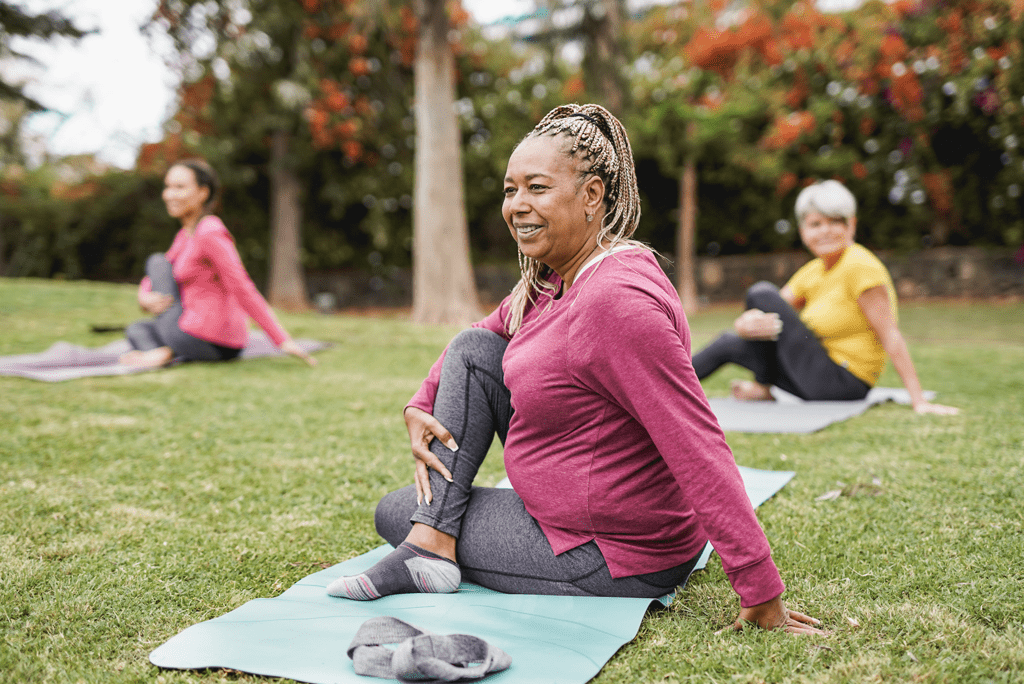
Exercise is a great way to create connections and improve physical health. Joining a group exercise class is a fun way to stay physically fit while also preventing social isolation. By exercising and moving your body at least 150 minutes each week (which is 30 minutes, 5 days a week), seniors can benefit from the release of endorphins, reduction of stress and improved body image. If you’re looking for a great way to stay fit try finding (or creating!) a local exercise community.
4) Adopt a Pet

Studies show that just 15 minutes with an animal can reduce stress levels, increase serotonin levels, and decrease feelings of isolation and depression. If you can care for them, consider visiting your local animal shelter and adopting a new pet! Human and pet interactions can help lower cholesterol levels and even protect against heart disease and stroke. However, if you’re unable to adopt, consider simply volunteering at your local shelter. This is also a great way to meet other like-minded volunteers!
5) Find a New – or Expand on an Existing – Hobby
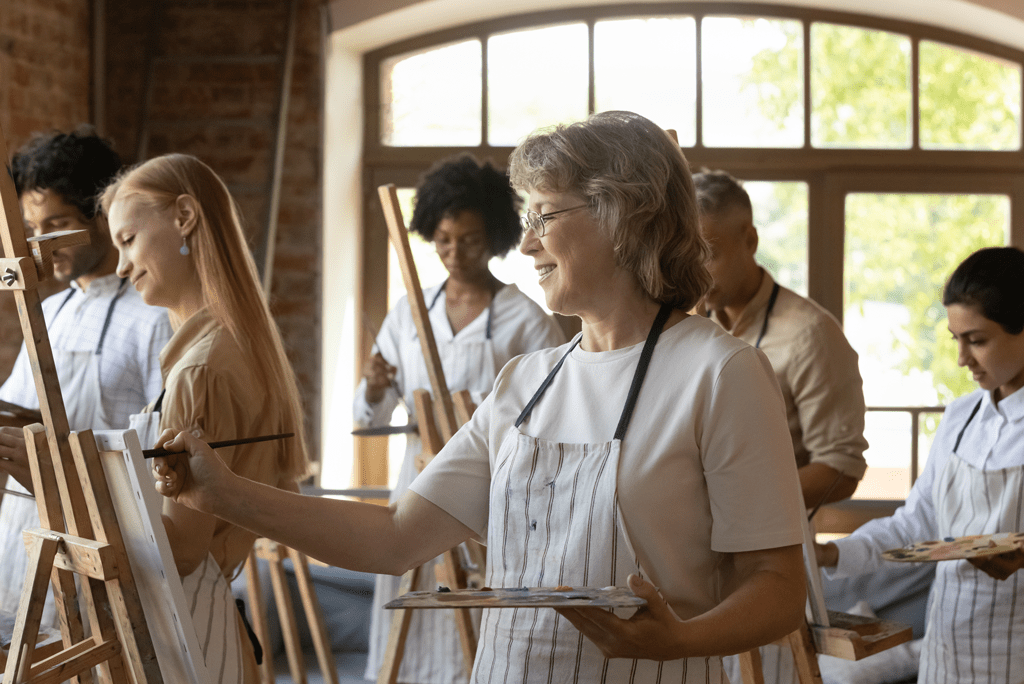
Whether or not you have a hobby that you love doing, many local senior and community centers as well as local libraries offer a variety of in-person courses and programs. Do you love to sing, paint or knit? What about sculpting, woodworking or pottery? If you’re tech-savvy, consider using social media to find a group or class near you.
Additional Resources
If you’re a senior (or you know someone) who is experiencing loneliness and isolation, the good news is there are a lot of incredible resources available to help.
- Eldercare Locator: this is a great resource to connect with public services for seniors and their families, including community service programs. You can also call 800-677-1116.
- Expand Your Circles: this document provides a list of resources to support seniors who are struggling with isolation and loneliness.
- Friendship Line: this accredited service offers 24/7 support services, including suicide intervention. You don’t have to be in crisis to call – the Friendship Line is also a warmline with staffers who can offer a listening ear and provide information and referrals for seniors experiencing isolation. Call toll-free: 800-971-0016.
- Dial “211”: In many states, dialing “211” provides the caller in need a direct way to connect with needed health and human service agencies.
Remember, there is no one-size-fits-all approach when it comes to addressing loneliness or social isolation. The resources and ideas noted here are just a few of the ways that you can connect with services, organizations and communities. Our goal is to enable our customers to live better lives through connection, independence and care!


